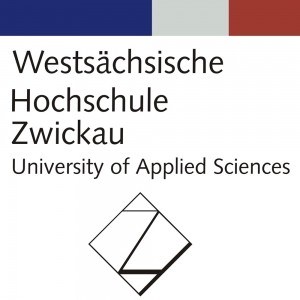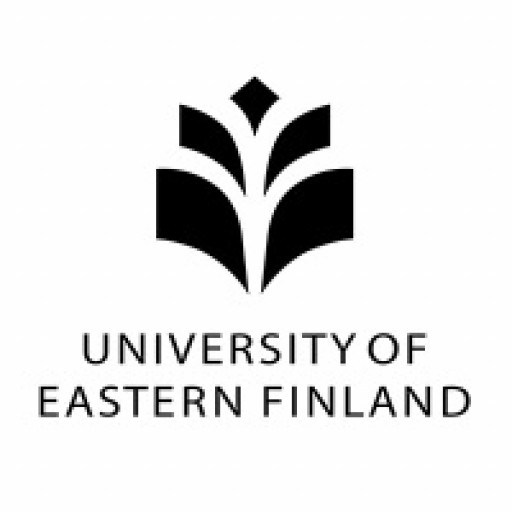Photos of university / #tcdglobal
Advertisement
Linguistics is the systematic study of human language. It has its roots in antiquity, though the twentieth century saw an explosion of research and the development of new theories and approaches. Linguistics has become an exciting and vigorous area of study, with strong connections to many fields including psychology, sociology, anthropology, cognitive science, computer science, and philosophy.
Language is complex, and linguistics attempts to describe and explain the full range of that complexity, especially speech sounds, the grammar of words and sentences, and how meaning relates to words, grammar and context. The M.Phil. in linguistics gives due weight to all of these, with core modules in Describing Grammar, Describing Meaning, Describing the Sounds of Languages, and Laboratory Phonetics and Phonology. A varied menu of optional modules gives students the opportunity to investigate social, psychological, historical and advanced topics in linguistic theory.
The M.Phil. in Linguistics has been running for nearly 30 years. Our students -- who are not expected to have any background in linguistics -- have in some cases come from language professions (translating, interpreting, teaching, speech and language therapy, publishing...), or direct from undergraduate degrees which include language-centred elements (English, modern languages and literature, anthropology, classics, psychology, sociology). In other cases, they have simply been people who are intrigued by language and wish to study it in a more systematic fashion. In general, the M.Phil. in Linguistics is likely to appeal to students with a talent for careful, systematic argument, and who wish to understand the mysteries of language.
Our alumni have followed various career paths in the professions named above, with many opting to pursue research at a higher level through the Ph.D., in
Core Modules:
* Describing Grammar
* Describing Meaning
* Describing the sounds of languages
* Laboratory phonetics and phonology
The elective courses may include:
* History and Globalisation of English
* Corpus Linguistics
* Technology, Language, and Communication
* Language Variation and Change
* Advanced Syntactic Theory
* Linguistic Pragmatics
* Bilingualism and the Maintenance of Irish
* Lexicology
Want to improve your English level for admission?
Prepare for the program requirements with English Online by the British Council.
- ✔️ Flexible study schedule
- ✔️ Experienced teachers
- ✔️ Certificate upon completion
📘 Recommended for students with an IELTS level of 6.0 or below.










